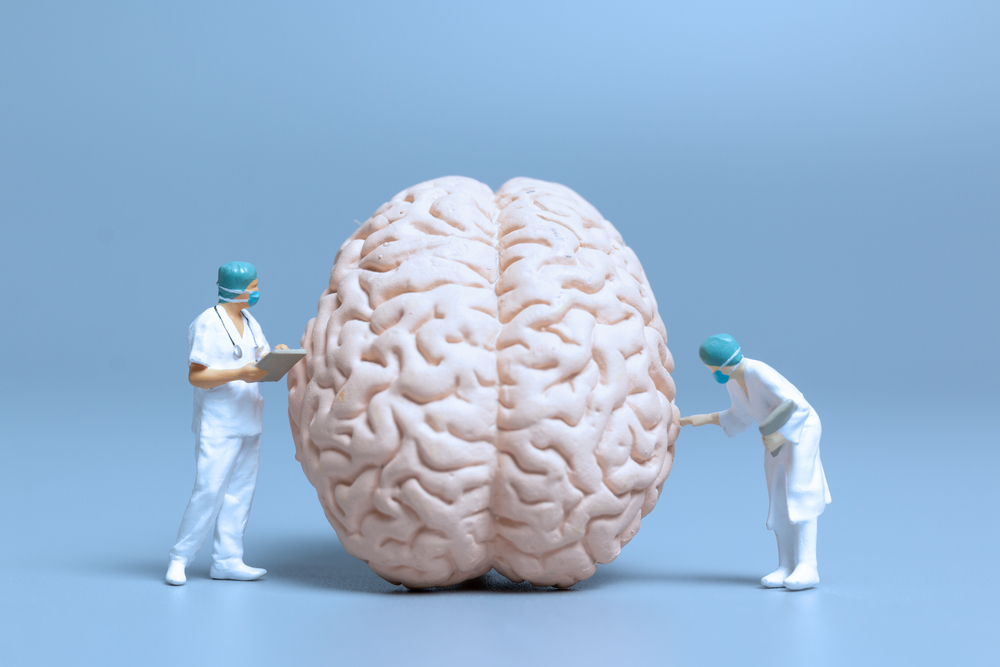What are developmental disabilities?
Author : Dr.Tulika | 26 Dec 2023

As the name suggests, Developmental disabilities are the developmental disorders that affect the mental and physical growth of children. These conditions stay for the lifetime of the child and usually are severe enough to interfere with normal everyday functioning. Most developmental disabilities involve certain areas of the child’s development such as language or social skills. The developmental disability that delays overall growth and development of the child in all areas is called ‘Global developmental delay’.
As a child grows, it reaches various milestones, such as smiling, recognizing people, turning on a side, crawling, developing hand grip etc. these are the developmental milestones and even though each child is different and grows at its own pace, a general rule exists regarding the tentative age at which these skills should develop in a normal child. However, if a child shows extreme delay in achieving these milestones, it is better to consult a trained personnel such as a pediatrician or child development specialist to rule out any form of developmental disability.
What are the causes of developmental disabilities?
Developmental disabilities can result from genetic factors, environmental factors, associated medical conditions, or any combination of these.
Some of the associated risk factors that have been identified are as follows:
● Maternal CMV (Cytomegalovirus) infection
● History of developmental delay in a sibling
● Fetal alcohol syndrome
● Chromosomal conditions like Down’s syndrome
● Asphyxia during birth
● Low birth weight
● Untreated jaundice of newborn (Kernicterus)
● Untreated hypothyroidism in mother (Cretinism)
How are developmental disabilities diagnosed?
Some developmental disabilities may be picked up at any point in life. Some are diagnosed right during infancy and childhood, while others may not be picked up till late, till they begin interfering with normal day to day activities.
Suspicion arises when a child does not achieve the normal milestones that he or she should achieve at their given age. The diagnosis further warrants a thorough physical examination to rule out any other organic disease. Sometimes a genetic test may be required to confirm the diagnosis.
A developmental quotient can be calculated to quantify the degree of disability. A developmental age is assigned to the child by performing certain tests based on which milestones the child has reached, and then the developmental quotient can be calculated as:
DQ (developmental quotient) = (Developmental age/ chronological age) X 100
Which are some of the developmental disabilities?
Following are some of the developmental disabilities:
1. Autism spectrum disorder: Autism spectrum disorders are the disorders in which an individual has trouble in social interactions and communication skills. Their behavior is repetitive and socially awkward. They are unable to form meaningful social relationships. Other symptoms may include delayed motor skills, delayed language development, impulsiveness, unusual eating habits, unusual sleeping habits etc.
2. Cerebral palsy: Cerebral palsy is a disorder of the brain and the spinal cord. It is a motor disability that affects the person’s ability to move and to maintain balance and posture. It generally occurs due to a brain injury resulting from complete or partial loss of oxygen supply to the brain either before, during or immediately after delivery. People with Cerebral palsy have exaggerated reflexes, unsteady walk, unsteady posture and floppiness or spasticity in hands, legs and trunk.
3. ADHD (Attention Deficit Hyperactivity disorder): ADHD is a neuro-developmental disorder of childhood in whichthe child has difficulty in paying attention or focusing on one thing. Their attention span is extremely less and they cannot concentrate on the task at hand. They also exhibit hyperactivity and extremely impulsive behavior. ADHD can continue into adulthood, and can result in low self esteem, trouble in maintaining relationships, and inability to focus at school or at work, leading to impaired functionality.
4. Intellectual disability: Intellectual disability is a general term that encompasses all forms of cognitive developmental delays or disabilities that interfere with the normal day-today functioning. The disability can be in learning, reasoning or social and life skills. The symptoms can range from mild to severe and are different as per the age.
5. Learning disability: Learning disability encompasses the developmental disabilities that affect the various processes involved in learning. An example is dyslexia, which is a learning disorder in which there is difficulty in reading words.
6. Hearing loss
7. Vision impairment
How can one cope up with developmental disabilities?
When a person has a developmental disability, it does not mean that they are unhealthy, or mentally incapacitated or that they cannot live a meaningful life. But for them to stay healthy, both physically and mentally, and actively be a part of the social community, they need help in the form of health programs and special schools that address their special needs. There are many resources available that can help the people with developmental disabilities as well as their families.
Various approaches are available for the diagnosis and treatment of children with developmental disabilities. Speech therapy, occupational therapy, physiotherapy, and sometimes psycho-stimulant medications might be helpful in the treatment of these developmental disabilities depending on the age, signs, symptoms and severity of the disability.
















